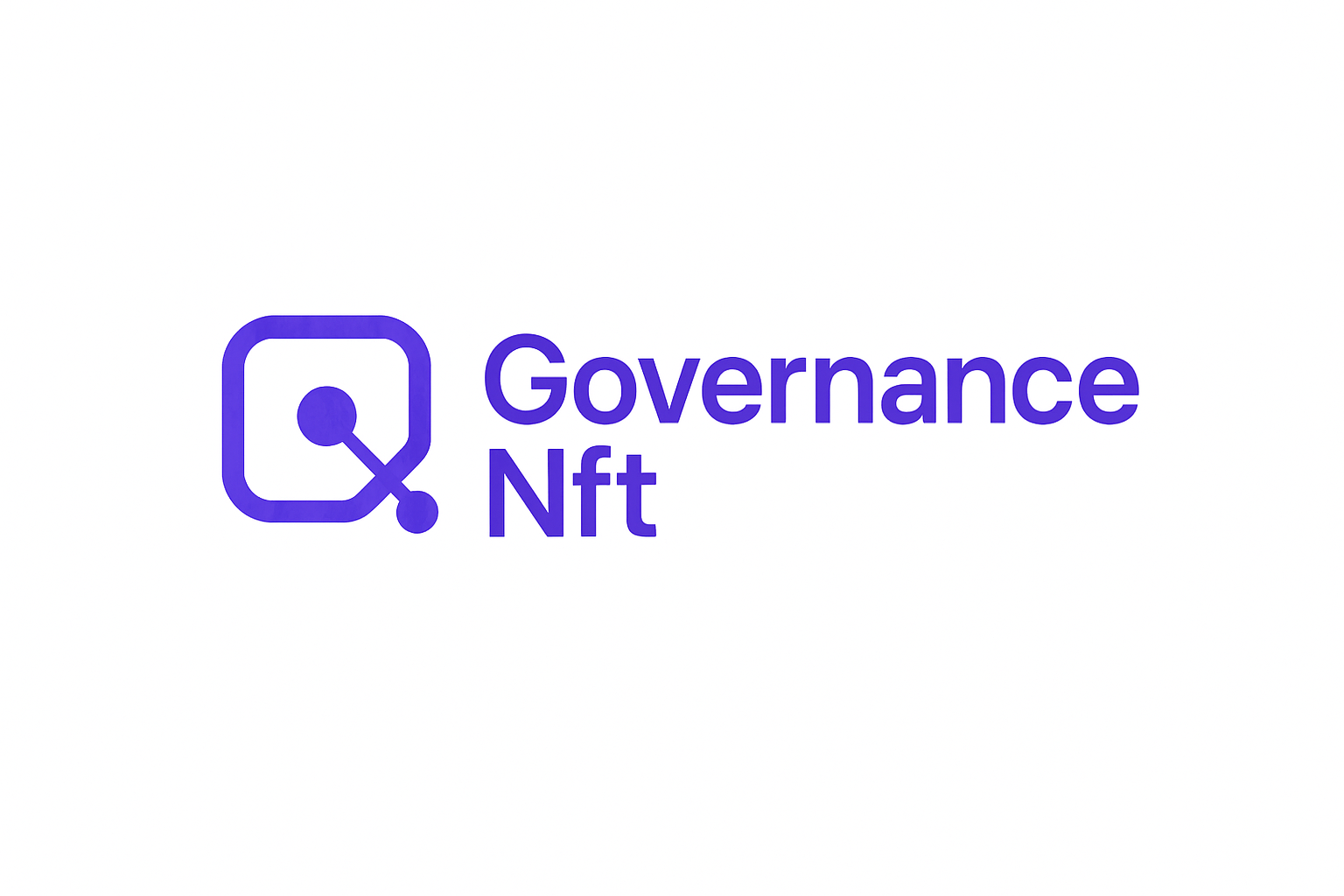
As decentralized autonomous organizations (DAOs) scale and mature, the challenge of Sybil resistance, preventing individuals from gaining undue influence by creating multiple identities, has become a top priority. The answer for many leading DAOs lies in leveraging NFT governance badges: unique, non-transferable digital credentials that tie voting power and participation to verifiable, authenticated members. But not all NFT badge systems are created equal. The most effective DAOs combine several advanced strategies and tools to secure their governance processes while keeping participation fair and transparent.
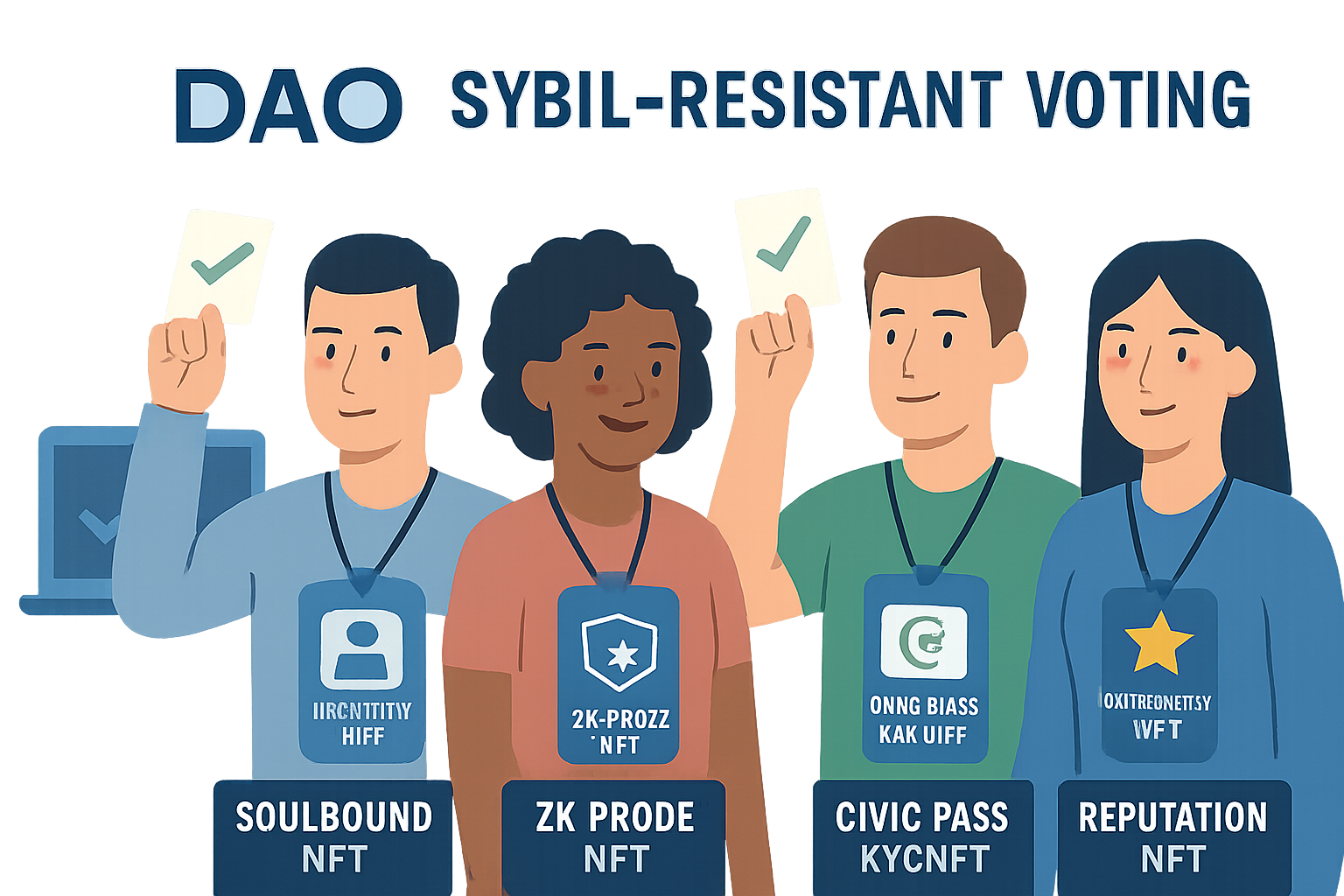
Why Sybil Resistance Matters in DAO Governance
Without robust identity verification, DAOs are vulnerable to Sybil attacks, where one actor spins up dozens or hundreds of wallets to sway votes, drain community treasuries, or undermine trust. Traditional web2 solutions like email verification or KYC aren’t always compatible with the values of privacy and decentralization that define web3 communities. That’s why NFT badges have emerged as a pragmatic middle ground: they offer cryptographic proof of uniqueness while remaining flexible enough for diverse governance models.
The current landscape features four core approaches that stand out for their effectiveness in real-world DAO operations:
Top 4 Strategies for Sybil-Resistant DAO Governance with NFT Badges
-

Soulbound NFT Badges for Non-Transferable Identity Verification: Soulbound NFTs are unique, non-transferable tokens that serve as immutable digital IDs for DAO members. By ensuring each badge is permanently linked to a single wallet, DAOs can effectively prevent Sybil attacks and guarantee that every participant is a distinct individual.
-
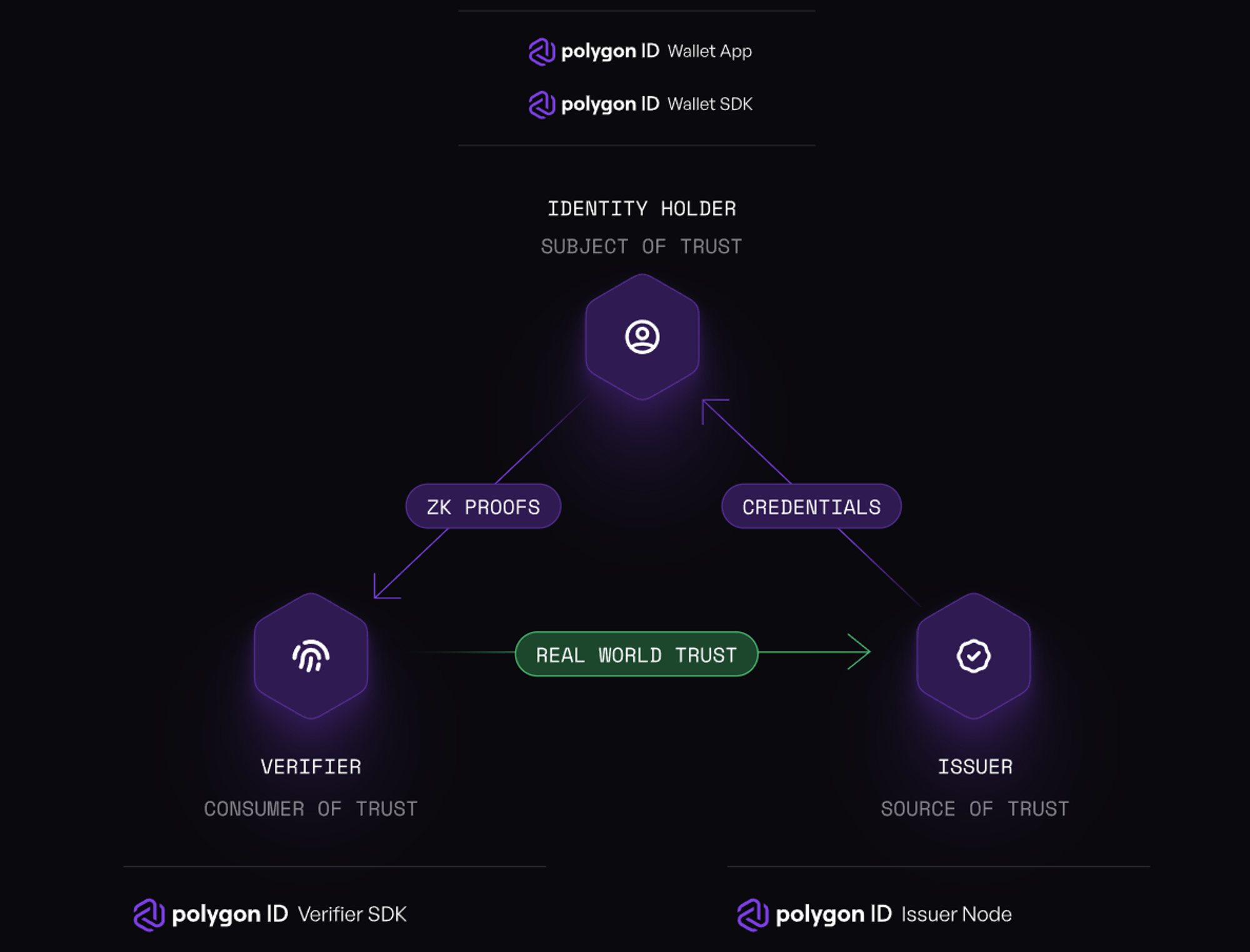
Zero-Knowledge Proof (ZKP) Enabled Voting Badges (e.g., using Semaphore or Polygon ID): ZKP-enabled NFT badges allow members to prove their eligibility and uniqueness without revealing personal information. Tools like Semaphore and Polygon ID enable privacy-preserving, Sybil-resistant voting processes within DAOs.
-
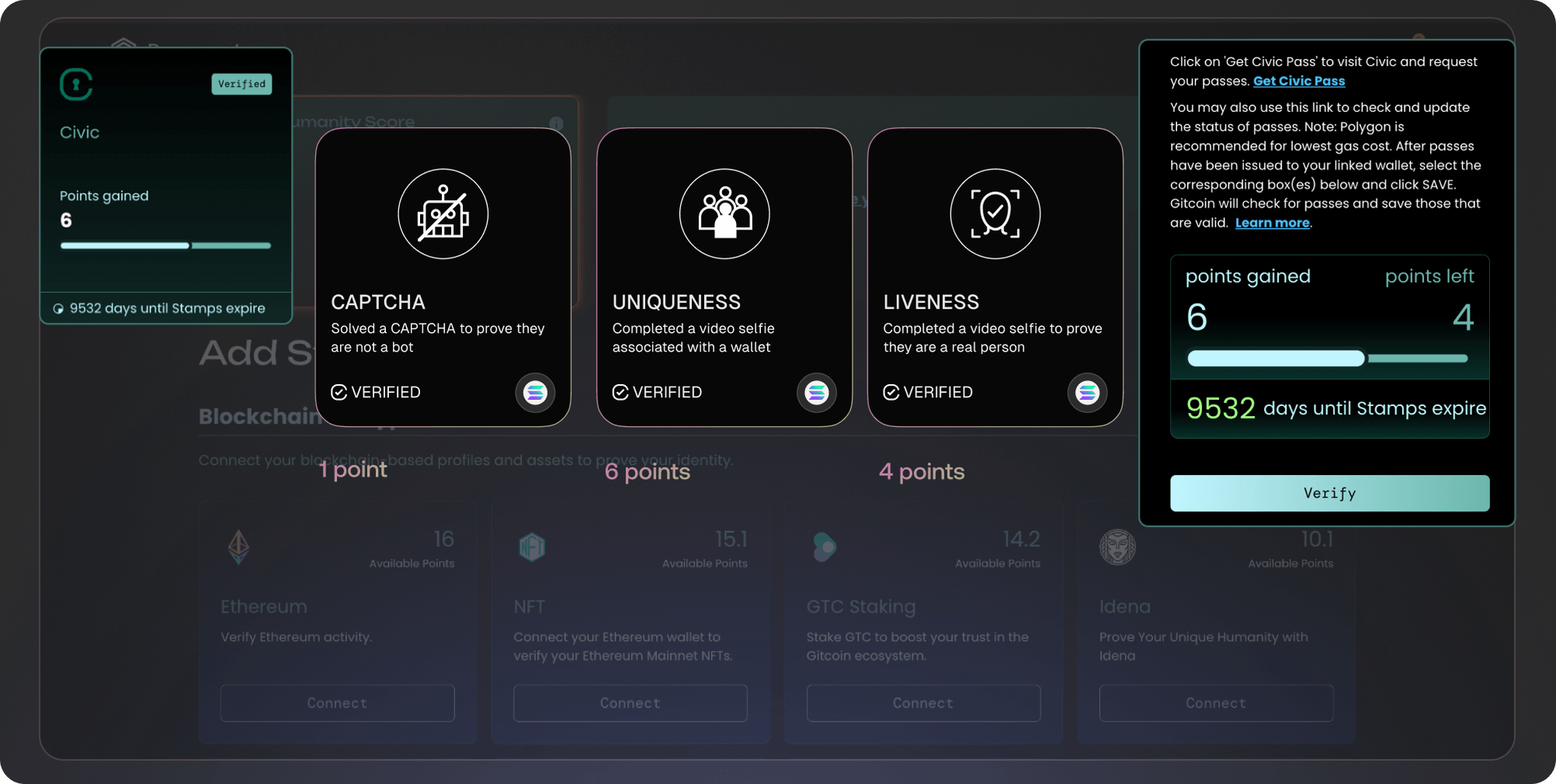
KYC-Integrated NFT Issuance Platforms (e.g., Civic Pass, Fractal ID): Platforms such as Civic Pass and Fractal ID issue NFT badges only after verifying a member’s real-world identity. This ensures that each governance badge corresponds to a unique, authenticated individual, adding a robust layer of Sybil resistance.
-

Reputation-Based Contributor Badges with On-Chain Activity Tracking (e.g., Otterspace, SourceCred): Platforms like Otterspace and SourceCred issue NFT badges based on a member’s on-chain contributions and participation. These badges act as verifiable records of reputation and engagement, ensuring those with genuine impact have greater governance influence.
Soulbound NFT Badges: Non-Transferable Identity Verification
Soulbound NFTs are non-transferable badges minted directly to a member’s wallet address, serving as an immutable proof of identity within the DAO. Unlike standard NFTs, these cannot be sold or traded on secondary markets, a critical feature for Sybil resistance. By tying each badge to a single individual (or at least a unique wallet), DAOs can ensure that voting rights and privileges cannot be accumulated by whales or bots.
This approach is increasingly popular among DAOs seeking strong membership authentication without compromising user privacy. Soulbound badges can be earned through onboarding processes, community verification rituals, or even social attestations, ensuring every vote is tied to a real participant rather than a disposable wallet farm. For more on how soulbound tokens underpin secure DAO voting structures, see our deep dive on enhancing member participation and voting transparency with NFT badges.
Zero-Knowledge Proof (ZKP) Enabled Voting Badges
For DAOs where privacy is paramount but Sybil resistance cannot be compromised, ZKP-enabled voting badges offer an elegant solution. Platforms like Semaphore and Polygon ID allow users to prove they possess a valid credential (e. g. , membership badge) without revealing their underlying identity or linking votes across proposals.
This technology leverages zero-knowledge proofs, a cryptographic method enabling one party to prove knowledge of certain information without disclosing it, to authenticate voters anonymously yet uniquely. The result is private but auditable elections where each eligible member can participate exactly once per vote, regardless of how many wallets they control.
KYC-Integrated NFT Issuance Platforms
Certain high-stakes or regulatory-sensitive DAOs require even stronger assurances that every participant is unique, and legally compliant. Enter KYC-integrated NFT issuance platforms such as Civic Pass and Fractal ID. These services combine traditional know-your-customer checks with blockchain-based credentialing: users complete KYC once and receive an attested NFT badge usable across multiple dApps.
This reusable identity model streamlines onboarding while drastically reducing the risk of duplicate accounts participating in governance. It also provides an audit trail should regulatory questions arise, a growing concern as DeFi and DAO ecosystems intersect more frequently with legacy financial systems.
Reputation-Based Contributor Badges with On-Chain Activity Tracking
The fourth pillar involves reputation-based contributor badges, exemplified by platforms like Otterspace and SourceCred. Here, badges reflect not just membership but real contributions, tracking activity such as proposal submissions, project completions, or mentorship roles directly on-chain.
This system rewards sustained engagement over time rather than one-off signups or token purchases, making it much harder for malicious actors to game governance simply by amassing wallets. Members build up visible reputations tied to their addresses, reputations that can travel between DAOs as portable social capital within the broader web3 ecosystem.
These four strategies, soulbound identity verification, privacy-preserving ZKP voting, KYC-integrated NFT issuance, and reputation-based contributor tracking, form the backbone of modern Sybil-resistant DAO governance. Each addresses a different facet of the identity and trust problem, allowing DAOs to tailor their approach based on risk tolerance, regulatory exposure, and community values.
Balancing Privacy, Security, and Inclusivity in Practice
Implementing these tools is not without tradeoffs. Soulbound NFTs excel at preventing vote selling but may raise concerns about wallet loss or member offboarding. ZKP-enabled badges maximize privacy but require careful UX design to ensure accessibility for non-technical members. KYC-integrated issuance platforms offer maximum regulatory safety yet may deter privacy-focused contributors or those in underbanked regions. Meanwhile, reputation-based badges can help surface genuine leaders but risk reinforcing cliques if not periodically recalibrated.
The most resilient DAOs blend these strategies, layering mechanisms to address both technical and social vectors of Sybil attacks. For example, a DAO might use soulbound badges for core membership gating, layer ZKP voting for sensitive proposals, leverage KYC NFTs for treasury management roles, and maintain open reputation systems to reward ongoing engagement.
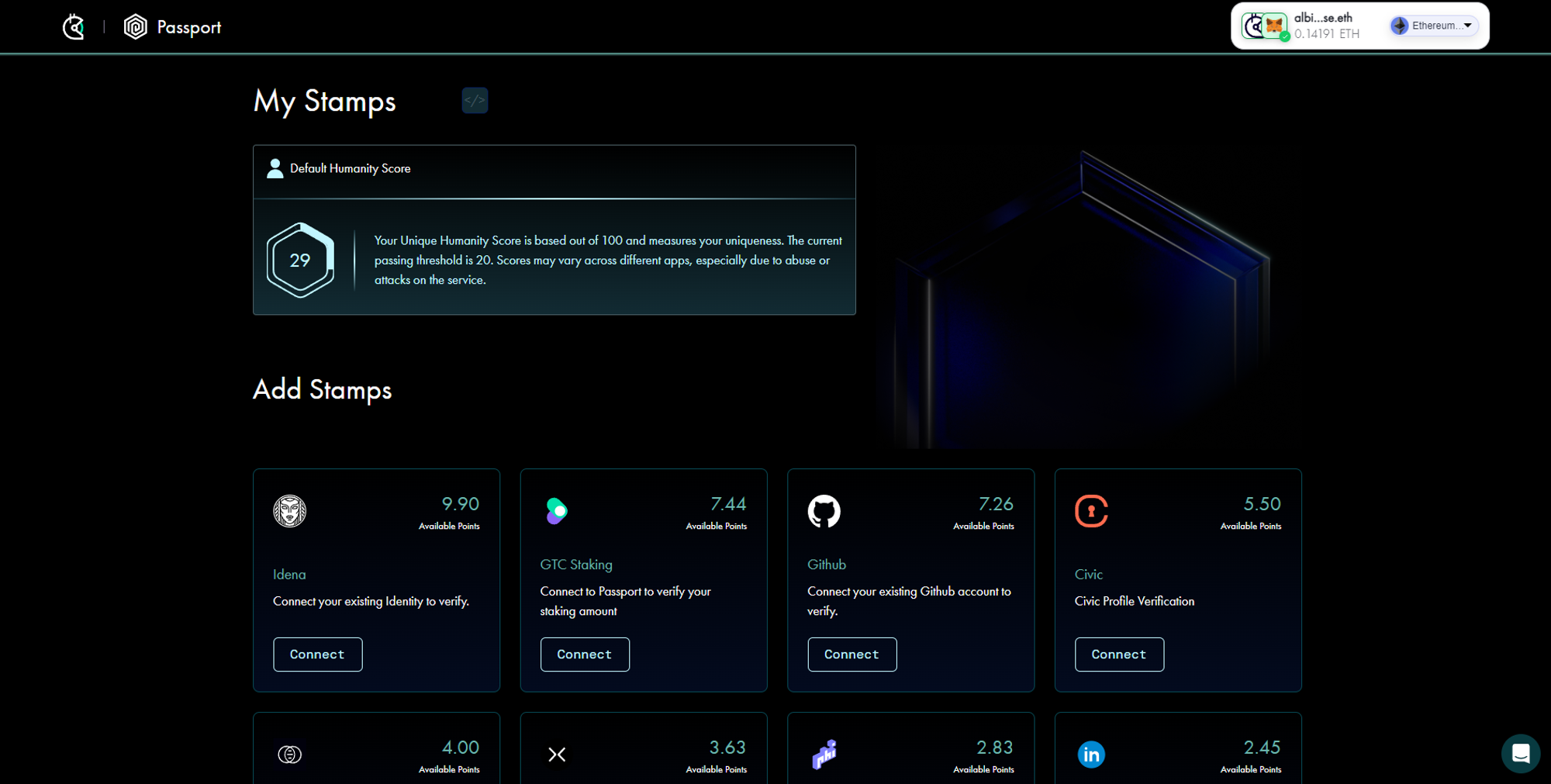
Emerging Best Practices for DAO Governance NFT Badges
- Progressive Onboarding: Start with low-friction methods (e. g. , reputation or social proof), then require stronger verification (KYC or soulbound) as members seek higher privileges.
- Transparent Badge Metadata: Make badge criteria and issuance processes public so members understand how influence is earned, not bought or manipulated.
- Periodic Audits and Decay: Regularly review badge holdings for anomalies; implement decay mechanisms so inactive addresses lose governance weight over time.
- Diverse Tool Integration: Choose platforms that interoperate with popular DAO tooling (Snapshot, Gnosis Safe) and support cross-chain participation where possible.
If you’re looking to deploy any of these approaches within your own DAO or web3 project, see our practical guides on minting and using governance NFT badges for decentralized voting, as well as step-by-step workflows for assigning voting power and tracking contributions with NFT badges.
The Road Ahead: Continuous Experimentation and Community Feedback
No single solution is perfect or permanent in the rapidly evolving landscape of decentralized governance. As new identity primitives emerge, from biometric attestations to multi-factor wallet authentication, DAOs will need to iterate on their badge frameworks to stay ahead of attackers while welcoming genuine contributors from around the globe.
The key takeaway? Effective Sybil resistance isn’t just about technology, it’s about aligning incentives so that authentic participation is always more rewarding than manipulation. By combining multiple layers of NFT badge security with transparent processes and active community feedback loops, DAOs can build trustless systems that are both robust and adaptive to changing threats.
The future of decentralized organizations depends on these innovations. As more DAOs adopt advanced NFT badge frameworks, and share their learnings openly, the entire ecosystem moves closer to truly democratic digital governance.
